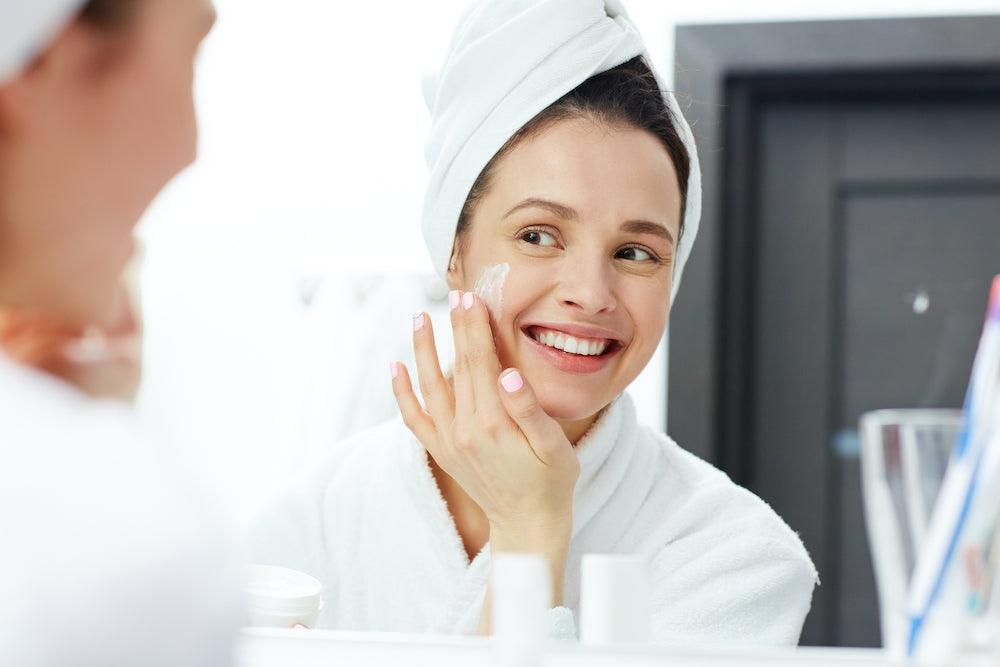Prebiotics vs. Probiotics
As studies show, prebiotics consumed-orally play an important role in supporting the effectiveness of probiotics in feeding microorganisms in your gut, influencing overall health and well-being. “Prebiotics are fibers of foods that promote the growth and activity of the beneficial bacteria in our gut. […] Prebiotics are more than just food for probiotics; they also confer benefits to our health by selectively altering our gastrointestinal microflora composition and activity. This means that prebiotics can positively affect the way individual strains of the microflora in our digestive systems grow and function.” Versus, probiotics are gut-friendly bacteria that support the body’s immune response by stimulating immune cells needed to fight infection.”
Benefits of prebiotics in skin care
Although prebiotics seems to be the neglected organism outcasted by its sister, probiotics, prebiotics are proving to be imperative to protecting the skin’s physical barrier from harmful environmental elements and work in balancing the skin from good and bad bacteria. “The skin being in constant alkalization has the capacity to throw the acidic mantle out of balance. Once that happens, you're more at risk for skin inflammation, dermatitis, eczema and atopic skin diseases.” In addition, to incorporating a well-balanced diet containing both prebiotics and probiotics, skin care products with prebiotics are essential for a hydrated radiant complexion.
Ingredients to look for in prebiotic skin care
Foods with prebiotics include garlic, onions, oats, dandelion lead, asparagus, potatoes, bananas, and flaxseed as well as a plant fiber known as inulin, found in chicory root, are equally used as plant extracts in skin care products where you can easily reap the benefits of applying prebiotics to skin. The Bio Foaming Cleansing is especially formulated with potato protein enzymes and apple cider vinegar. The potato protein enzyme is rich in essential nutrients such as potassium and vitamin C. Therefore, helps lighten dark spots related with skin freckles, sunspots and melasma meanwhile also containing anti-inflammatory properties reducing acne and redness. Concurrently, the apple cider vinegar relies on fruit acids known as acetic acid and malic acid, compounds that are antibacterial and antifungal.
Who should use skin care with prebiotics?
Pretty much anyone can use prebiotic skin care products as it is a stable and balance microbiome. Prebiotic skin care products are essentially suited for sensitive skin type such as acne prone skin and those with other skin conditions such as eczema, rosacea and psoriasis as it can help boost the skin’s production of healthy bacteria and build immunity to harmful organisms.
Reference articles:


